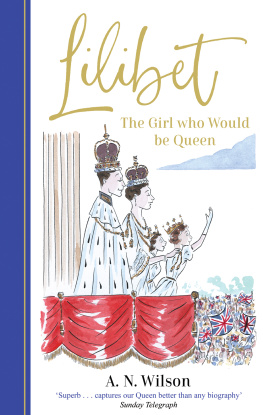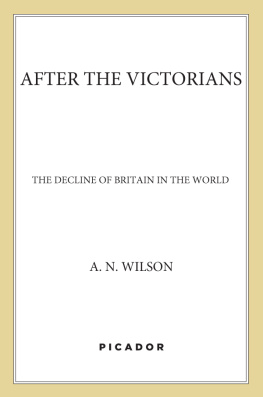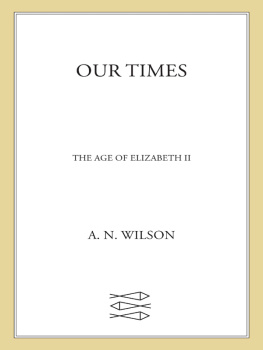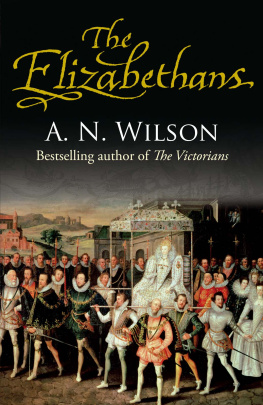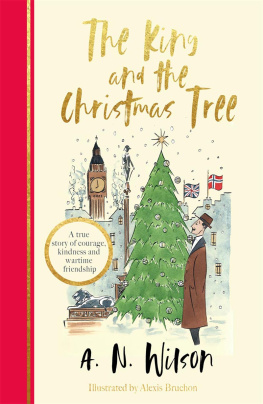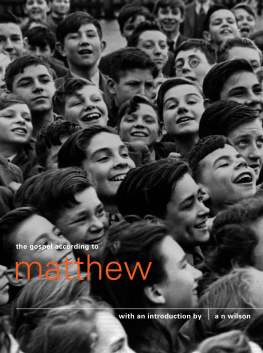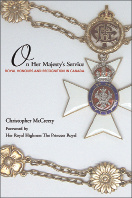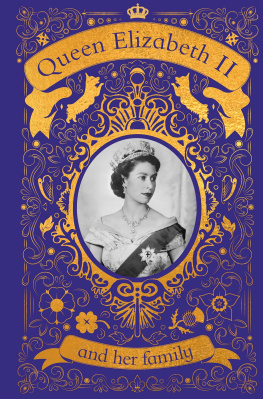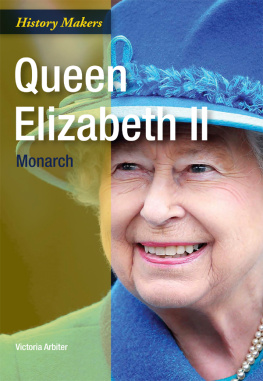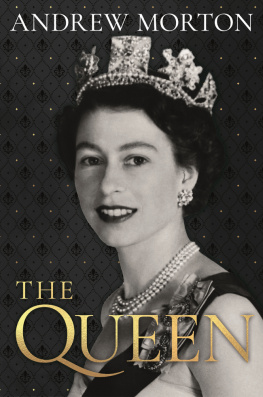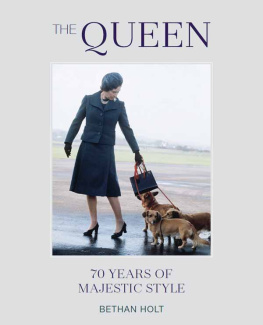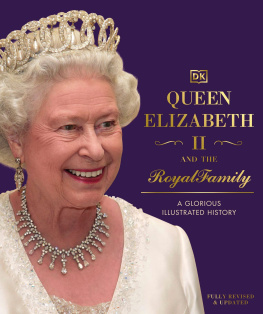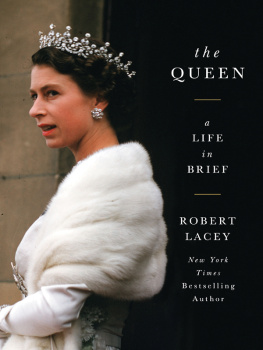

Contents
The Queen died in her Platinum Jubilee Year. Even before the news came from Balmoral that she had left us, people had been reflecting, all over the Commonwealth, all over the world, not on a doctrine or a regime, but on a person, and what she is, and has been, what she stands for and what she has done.
For seventy years, Her Majesty had been the Queen. No other British monarch has been in office for such a time span. In her many speeches and public appearances, she made clear what it was she stood for and what she hoped we stood for: decency; the cultivation of simple, personal goodness; a love of all peoples, but with, perhaps, an especial love of the peoples of Scotland and of Africa; a spirit of tolerance, not hatred or rivalry, underpinned by a core belief in equality for all.
She spoke about the importance of the peoples of the world living together in amity. Visibly pious, she drew on her own personal faith to strengthen her, but she was clearly open to, and friends with, those of other faiths. She was above politics, not merely because she was a skilled constitutional monarch, watching political party leaders come and go. She was above politics in a much larger sense: what she stood for is so much better and so much stronger than the posturings of politicians. She was the embodiment of an idea: monarchy. She was also the demonstration of what that idea is. Other political systems are based on ideology. Monarchies focus on persons. This is subtly different from the hero worship demanded by tyrants. The Queen was a self-effacing, even a mysterious person, which is one of the ingredients of her huge success as a Head of State. Hers was no cult of personality. Yet a personality was, however mysterious, visibly there. Her voice and her facial expressions were familiar to millions and millions of us.
In this momentous year, this book tries to imagine her as a person. It takes us from her birth, in a tumultuously divided and unhappy Britain in 1926, to the post-war country of 1952. It takes us to Africa, where, as a young married woman, sitting in the treetops of Kenya, she learned that she had become a monarch. The book makes the imaginative journey to discover how Lilibet, the shy, orderly, obedient young Princess of the 1940s, became Queen Elizabeth II of the modern world. It is a book about a little girl turning into an old lady, and it is a sort of dream, in which that old lady is aware of her own imminent and impending departure.

I T WAS THE NIGHT BEFORE the Jubilee.
Seventy years!
The Queen had spent the evening quietly. Everyone fussed so. The children. The ladies. The doctor. Tomorrow will be so tiring. Tomorrow will wear Your Majesty out. She had obediently taken to her bed early, and asked the footman to leave Fergus and Muick in the dressing room next door, only with the door open. She liked it when they came into her bedroom to snuffle their hellos. Theyd had a good dinner, bless them, some braised chicken done the way Willow and Candy had always liked it. Poor Willow, poor Candy! What a loss to her their going had been.
And now, she lay alone. People mocked her for saying one rather than I, but she was one. There can only be one monarch. Its not really a lonely business. Shed never been lonely, not in the way her poor sister was lonely in latter years. There was always someone around the place. Sometimes, she thought she would only be completely alone when walking the dogs! But One was One. And in the end, however much the others in the family rallied round and undertook duties on her behalf... well, One was One.

It was the night before the Jubilee. Seventy years! The Queen had spent the evening quietly. Everyone fussed so.
Perhaps she had been more tired than she had at first believed, because it was during her recitation of the evening prayer that she knew she was no longer quite awake.
Lighten our darkness, we beseech thee, O LORD, and by thy great mercy...
It was dark. It was very dark, dark as black velvet. And it was also light, light as the blinding light of the sun. Was she awake? Or was all this a dream? She was aware of a lightness. She had been carrying a heavy burden for years, perhaps forever, and now, as she lay there, she felt it lifting. The new sensation... it was freedom?
Philip was there. Not the old man who had been with her so long. Beneath the golden hair which he flopped back from his brow with a casual hand was a teenagers face. She thought it was the most beautiful face she had ever seen. He was making a joke, of course as always but quite what the joke was... And Mummie was there. Well, Mummie was always there. Lilibet knew her scent, her wrap, and could hear that voice. That voice of so long ago. No one spoke like that now... whenever now was... Even the ladies the ladies-in-waiting now sounded modern by comparison. Not middle-class, quite, but certainly not like Mummie. Gawn. The days were gawn.
What had the man said, at the beginning of the reign that man who had infuriated them all? Tweedy. They were tweedy. And her voice was like a confirmation candidate... A pain in the neck. Philip said hed have knocked the mans block orf, if some member of the public hadnt done it for them. But hed been right, hadnt he, the chap whod mocked them? Lord Altrincham, that was the name. A priggish schoolgirl, captain of the hockey team.
Trouble was, they did all sound like figures from a vanished time. Margaret was the last whose voice had been like that. Poor Margaret. It was the voice of house parties before the First World War, of meets and balls and dinners where everyone knew everyone and everyone was related. It wasnt royal, it was class. The voice of the... You had to say class, the class that Mummie belonged to.
Mummie belonged to a class. They Lilibet herself, Papa, Grandpa England they did not belong to a class. They were on their own. One is One and all alone. That was what Philip had seen, that laughing teenage boy who had turned up, with his mischievous enquiring twinkle, when they visited Dartmouth that wonderful summer day when she was... what? Thirteen? He did not belong to a class either. Didnt belong anywhere, he said homeless, stateless, everything-bloody-else-less.
Papa and Mummie were worried by him. Thought he was an oaf, and worried about the relations being... Mummie had that way of simpering and not finishing a sentence. In this case, the sentence would have ended German.
And now, edging into her consciousness, here was Margaret Rose. The sad old Margaret was not here any more. Lilibet could hear her own voice scolding a little girl Margaret Rose who was getting above herself.
Crawfie, tell Margaret she mustnt fidget in the Abbey. Its Papas... We must all... after Uncle David had let them all down. After he had failed. Failed in his duty.
Strange the way the faces came and went, like the flickering images on the magic lantern shows which they used to watch at Windsor during the war. For Uncle David had just come into view, so handsome, so funny. His finger had just chucked her under the chin, and hed said, Little Lil. Her chin had been aged no more than five.
But now she was ten, and Uncle David had so let them all down. And Grandpa England had gone to Heaven, and they were all in their ceremonial clothes Mummie was about to become Queen Empress; Lil and Margaret Rose were in their ceremonial robes. They were all going to be taken to the Abbey in State coaches, and it was so important Margaret Rose wouldnt show them up by silliness or showing off. Crawfie, do tell her. And Papa, poor Papa, in his robes, waiting in the hall at Buckingham Palace, lighting up yet another Senior Service and losing his rag for the umpteenth time that morning... He was dressed like a King in a fairy story, with his white silk stockings and the ermine on his velvet robe, but the cigarette made him a modern person somehow.
Next page
